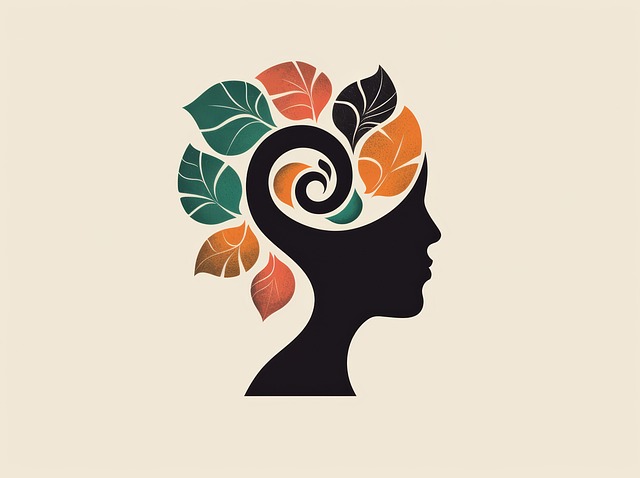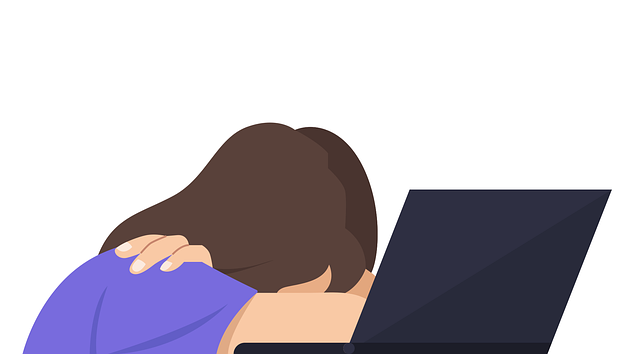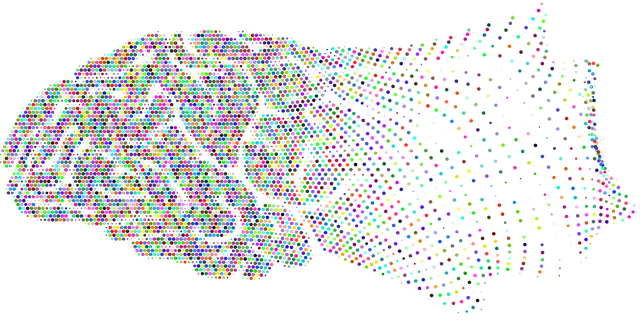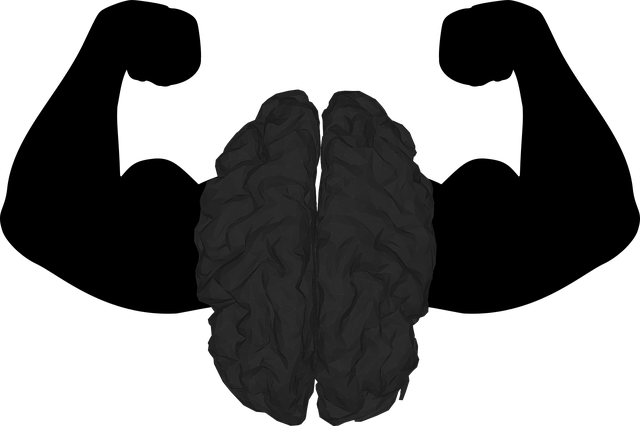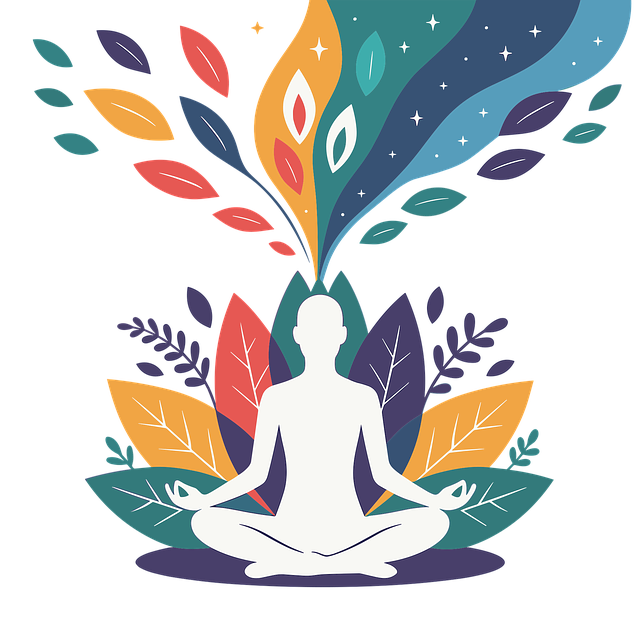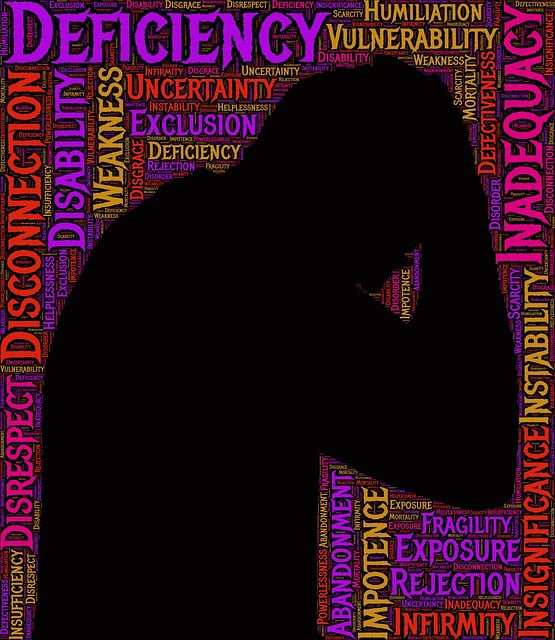Mental wellness journaling, championed by Aurora Child Abuse Therapy, is a transformative practice for self-awareness and emotion management. By writing down thoughts and experiences, individuals gain insights into their mental health, identify triggers, and develop personalized coping strategies. This safe, introspective space fosters emotional processing, tracks progress in self-care routines, and enables the setting of achievable goals for improved well-being. Aurora Child Abuse Therapy uses guided journaling to empower survivors, especially children, in their healing journey, promoting resilience and effective stress management through tailored practices. Regular journaling offers clarity, mood management strategies, and artistic outlets, becoming an integral part of self-care rituals, while tracking mental wellness progress allows for celebrating victories and guiding tailored solutions.
“Unleash your inner strength through the transformative power of mental wellness journaling. This comprehensive guide explores how this simple yet powerful tool can be a game-changer in managing and enhancing your mental health. We delve into the benefits, providing insights on unlocking self-reflection and promoting healing, especially through the expertise of Aurora Child Abuse Therapy.
From setting up your journaling practice to techniques for creative expression, this article equips you with the tools to embark on a journey of self-discovery and growth.”
- Understanding Mental Wellness Journaling: Unlocking Self-Reflection
- The Role of Aurora Child Abuse Therapy in Promoting Healing Through Journaling
- Setting Up Your Journaling Practice: Tools and Resources for Success
- Techniques to Enhance Creativity and Self-Expression in Your Journal
- Tracking Progress and Celebrating Milestones in Your Mental Wellness Journey
Understanding Mental Wellness Journaling: Unlocking Self-Reflection

Mental wellness journaling is a powerful tool that encourages self-reflection and promotes emotional regulation. By dedicating time to write about one’s thoughts, feelings, and experiences, individuals can gain profound insights into their mental health. This practice, similar to what Aurora Child Abuse Therapy fosters, allows people to unlock layers of self-awareness, identify triggers, and develop coping mechanisms tailored to their unique needs.
For many, journaling provides a safe space to explore complex emotions, track progress in building a self-care routine for better mental health, and set personal goals related to mental wellness. It’s an act of self-love and self-preservation that can significantly contribute to one’s overall well-being.
The Role of Aurora Child Abuse Therapy in Promoting Healing Through Journaling

Aurora Child Abuse Therapy recognizes the profound impact that trauma can have on an individual’s mental wellness. Journaling is a powerful tool they employ to facilitate healing and recovery for survivors, especially children who may struggle with expressing their experiences verbally. Through guided journaling exercises, Aurora Child Abuse Therapy helps clients process complex emotions, gain insight into their past traumas, and develop healthy coping mechanisms.
This approach not only boosts confidence but also equips individuals with essential skills for stress management. By engaging in regular self-reflection, participants learn to navigate their feelings, fostering a sense of agency and resilience. Aurora Child Abuse Therapy’s focus on cultural competency ensures that these journaling practices are tailored to meet the unique needs of each individual, making it an inclusive and effective method for promoting mental wellness and healing.
Setting Up Your Journaling Practice: Tools and Resources for Success

Setting up a consistent journaling practice can be a powerful tool for enhancing mental wellness and fostering resilience building. At Aurora Child Abuse Therapy, we encourage clients to view their journal as a safe space to explore emotions, track moods, and cultivate positive thinking. To begin, gather essential tools like a comfortable notebook or digital journal app that aligns with your preferences. Consider using prompts designed to stimulate reflection on daily experiences, gratitude practices, or specific aspects of mood management.
Organize your space to create an environment conducive to focus and self-care. Dedicate a quiet area free from distractions where you can set aside dedicated time for journaling each day. Regularity is key; aim for a consistent routine that works with your schedule. Whether it’s first thing in the morning or before bed, make journaling a non-negotiable part of your self-care ritual. Embrace this practice as an opportunity to gain clarity, process emotions, and develop strategies for effective mood management.
Techniques to Enhance Creativity and Self-Expression in Your Journal

Unleashing your creativity through journaling can be a powerful tool for enhancing mental wellness, especially when navigating challenging experiences like those that might be addressed in Aurora Child Abuse Therapy programs. One effective technique is to incorporate free-writing or stream-of-consciousness writing. This involves simply letting your thoughts flow onto the page without censoring or editing them. It encourages self-expression and can help uncover hidden emotions or perspectives.
Additionally, incorporating artistic elements into your journal can stimulate creativity and provide an alternative way to express yourself. This could include sketching, painting, collage making, or even just doodling. For instance, drawing a visual representation of how you’re feeling or creating a mood board with images that resonate with your current mental state can be therapeutic and help build resilience. These creative practices can foster positive thinking and offer a unique outlet for self-exploration and expression, ultimately contributing to the development of robust mental wellness coaching programs.
Tracking Progress and Celebrating Milestones in Your Mental Wellness Journey

Tracking your progress is a powerful tool in any journey, and mental wellness is no exception. As you begin to document your thoughts and experiences through journaling, it’s important to regularly reflect on how far you’ve come. Celebrate the small victories and acknowledge your growth; this can be motivating and help build resilience. For instance, you might notice that certain triggers once caused intense distress but now only prompt a brief pause for reflection. This awareness is a significant milestone in itself and demonstrates progress in managing your mental health.
Milestones don’t always come in the form of dramatic changes; they can be subtle shifts in perspective or increased ability to cope with challenging situations. For example, you might find that certain self-awareness exercises once felt daunting but are now integral parts of your daily routine. This could indicate a growing sense of control and an enhanced capacity for self-care. With consistent reflection and tracking, you’ll gain valuable insights into your mental wellness journey, which can guide you towards tailored solutions and support from professionals like Aurora Child Abuse Therapy or Mental Wellness Coaching Programs Development to ensure continued progress and well-being.
Mental wellness journaling is a powerful tool for self-reflection and healing, as evidenced by the success of programs like Aurora Child Abuse Therapy. By setting up a consistent journaling practice and employing creative techniques, individuals can track their progress, celebrate milestones, and ultimately foster better mental well-being. With the right tools and resources, anyone can embark on this transformative journey towards a more balanced and fulfilling life.


